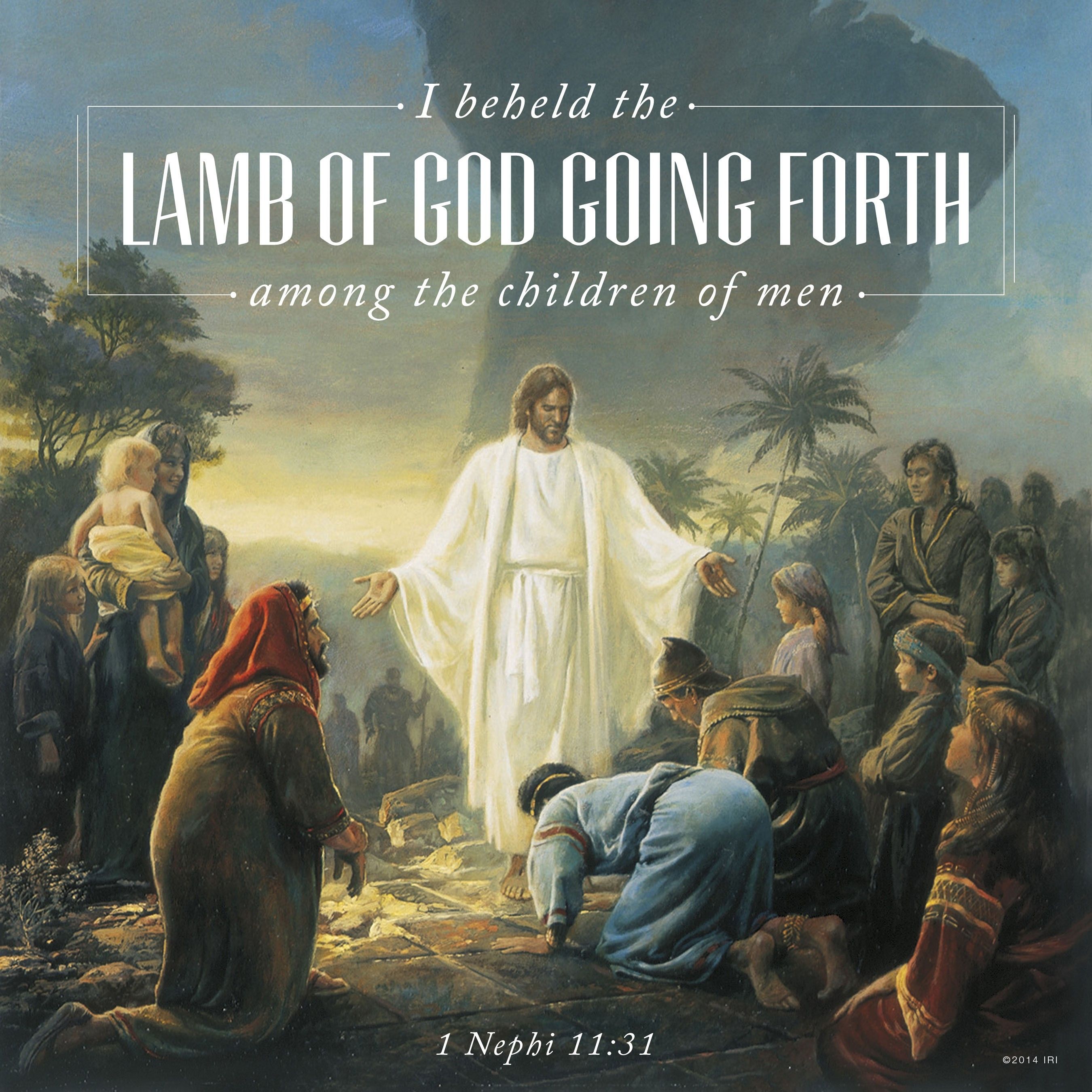16 January 2012
I read
this article from the Washington Post the other day by Mormon Kathryn Skaggs. As often happens, within a few days comments both pro- and anti-Mormon began to cascade below the article. I weighed in with a few simple statements and suggestions. I'm new in the internet world, but what happened here looks to be a common phenomenon, at least when dealing with Mormonism.
The article touched off something of a firestorm of comments and counter-comments. I want to comment on how Mormons react to criticism.
Typically, faithful Mormons come to the defense of their religion, either in response to an article's content, or in response to another reader's comment.
What I find disappointing is that as often as not, Mormons respond to criticism in a tone that is less than civil. I think that is less that what Christ expects of us (
see Matthew 5:43-47, for example). I think, if
Mormons were kinder in their responses, much of the contention in these post-article discussions would dissipate. It takes two to tango. If we were content to civilly and respectfully defend our faith and then lay down our "
weapons of war," I think we would find, like the
anti-Nephi-Lehies of the Book of Mormon that some of those who are stirred up against us would be inclined to wonder what motivates us to be kind.
